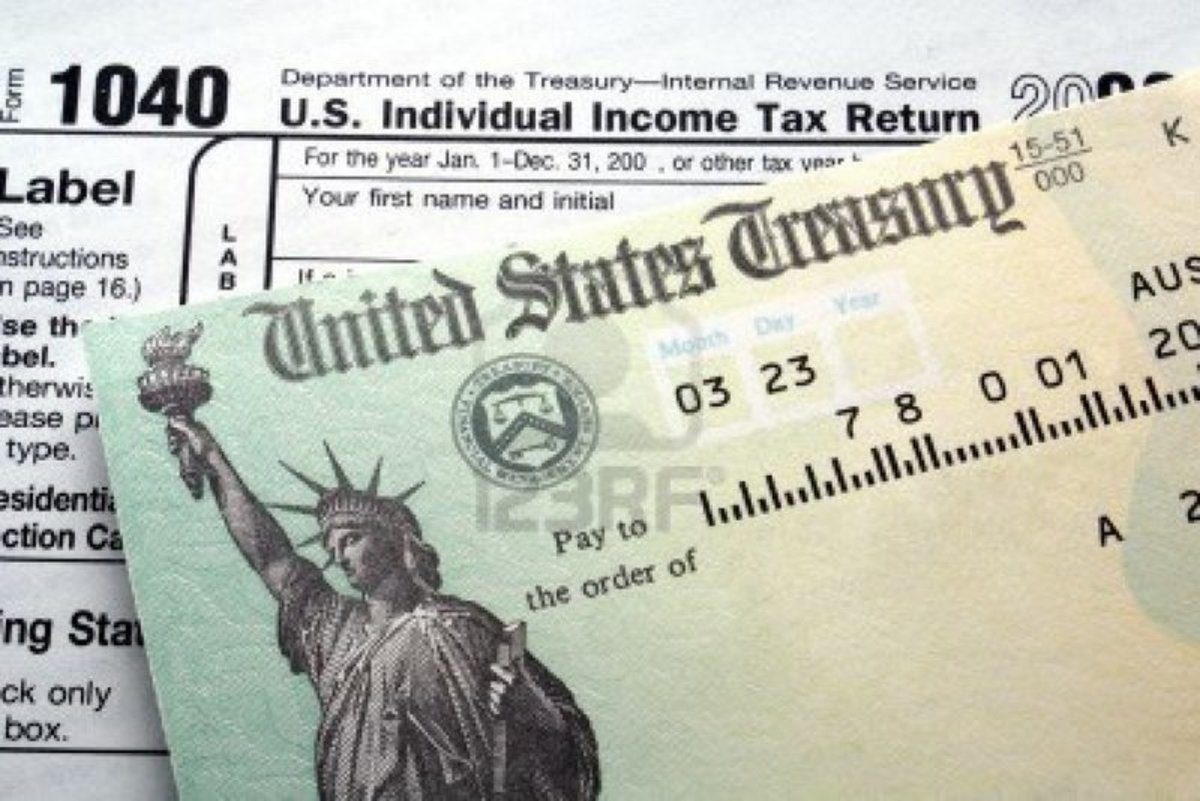
Bitcoin has had a good year of publicity and a solid last quarter of growth. Whether you are a hard core Bitcoin miner or just a casual trader, it is likely that you’ve racked up substantial gains in 2013. There are just a few weeks left in the tax year, but it is not too late for you to take action to trim your tax bill.
Most tax planning strategies involve timing actions that you would have taken anyway in order to exploit temporary advantages in your situation. For volatile assets such as Bitcoin, the easiest thing that you can do is to harvest losses by selling when the market is down. For this year, that may not be very realistic unless the price takes a nosedive in the next several weeks. However, if you believe that your gains may be taxed at a higher rate in the future, then now may be a good time to take them. For example, if you have treated your Bitcoins as a capital asset in prior years and took the long term capital rate on any gains, but believe that Bitcoin may be taxed at ordinary income rates in the future, then now might be a good time to book your gains at the lower rate. Final rules clarifying Bitcoin’s place in the tax code may not be written for some time yet, but your tax position for earlier years is more likely to be sustained by the IRS in the absence of clear guidance if it is consistent over time.
Equipment purchased in connection with a trade or business usually must be capitalized and depreciated over a five year period. For companies engaged in Bitcoin related operations, this includes computers used as controllers, ASIC chips, USB hubs, USB erupters, cooling fans and other gear used in support of a Bitcoin mining operation. This equipment tends to wear out or become obsolete long before the end of the recovery period, a major disadvantage from a tax standpoint. However, businesses can elect under Section 179 to expense up to $500k of the value of equipment purchased and put into service during 2013. If you a have large amount of other expenses, you may alternatively elect to claim 50 bonus depreciation on your capital equipment in the first year of operation under Section 168(k). These enhanced provisions (also known as “tax extenders”) are scheduled to expire at the end of 2013, so you have only a short time left to put additional assets into use in order to take advantage. Note that in order to qualify, equipment must actually be put into operation, not just on order or under contract. Another tax extender that expires at the end of 2013 is the deduction for state and local sales tax. Most purchases of equipment are subject to sales tax, so this is yet another way to save money by accelerating a large purchase that you may have already intended to make.
Philanthropy is an integral part of the long term tax and estate plans for many taxpayers. You may consider donating some of your hoard of Bitcoins before the end of the year in order to take the charitable contributions deduction. You can convert Bitcoins to dollars and deduct the cash, but many charities now accept donations directly in Bitcoin. In this case, your deduction will be based on the dollar price of Bitcoin on the day you make the donation. Be sure to obtain a receipt.
If you qualify to contribute to an IRA this year and you haven’t fully funded one yet, you might want to cash out some of your Bitcoins to save for retirement. You can deduct up to $5,500 from your taxable income ($6,500 if you are age 50 or older) by contributing to an IRA. There are plans in the works for one or more Bitcoin backed mutual funds, so if you want to keep your cash invested in Bitcoin then be sure to check whether your broker is likely to offer them. Alternatively, if you participate in an employer run 401(k) or 403(b) plan and haven’t contributed the maximum for 2013, you could ramp up your contributions for your last one or two paychecks of the year, replacing the “lost” income with liquidated Bitcoins. This would have the effect of “deferring” some of your Bitcoin gains into your retirement account. If you are really ambitious, then you may qualify to establish a SIMPLE IRA or SEP for your Bitcoin business so that you can put even more away.
Finally, the dreaded Net Investment Income Tax deserves a mention in this article. This isn’t a tax planning strategy, but may be a good reason to do what you can to reduce your taxable income. This 3.8 tax became law in 2010 as part of the Affordable Care Act, went into effect on January 1, 2013 and applies to all of your net investment and passive activity income if your modified adjusted gross income exceeds $200,000 (or $250,000 for married couples filing jointly). Though Bitcoin isn’t referred to by name in the statute, it is almost certain that arbitrage gains and mining gains will be subject to the tax.
These are just a few of the possible strategies that may help to reduce your 2013 tax bill, but you will need to move fast. If you have suggestions for others, please share them in the comments. Always consult a qualified tax accountant before executing any tax avoidance strategy. If you find yourself with a larger tax bill than you’d like on April 15th, just remember that owing more taxes usually means that you made more money. Pat yourself on the back, crack open a cold one, and tell yourself you’ll do a better job planning next time!










